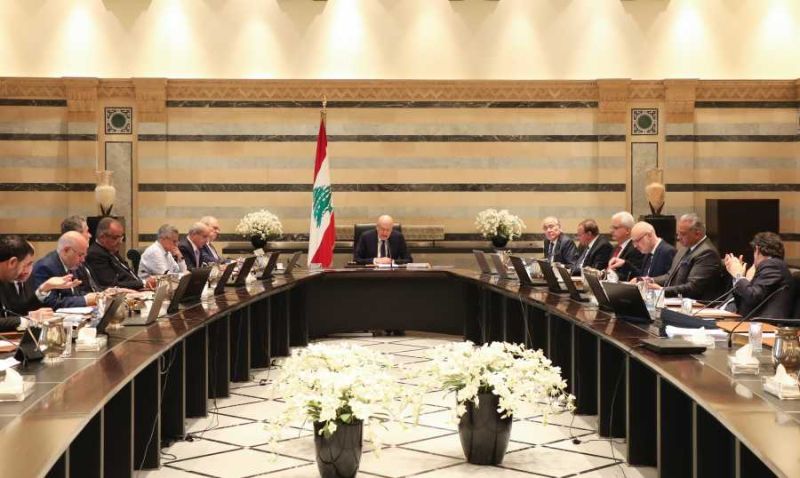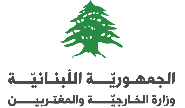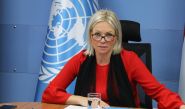
On Wednesday, the government approved “the granting of a credit to the Ministry of Defense to finance the recruitment of 1,500 new army soldiers.”
This decision should help strengthen the army's presence in southern Lebanon as part of the implementation of UN Security Council Resolution 1701 and advance diplomatic talks on a ceasefire.
When asked about the financing of this recruitment, the caretaker Minister of Information, Ziad Makary, asserted that the funds “exist,” during the press briefing that followed the ministerial meeting.
He added, “The measure that was approved is linked to the implementation of Resolution 1701. It was taken on August 14 and has been implemented today.”
It should be noted that the caretaker Minister of Defense, Maurice Sleem, boycotted the meeting of the Council of Ministers. He had issued a statement shortly before the meeting, deploring the fact that he had not been consulted before the topic was put on the agenda. Sleem also denounced “an encroachment on the prerogatives of his ministry, a breach of the Constitution, the rules of the Council of Ministers, and all the laws in force.”
The Council of Ministers also approved the granting of “an advance to supply 541 reception centers for displaced persons with diesel fuel for heating, particularly in areas situated at altitudes of over 300 meters, notably in the Bekaa.”
A proposal to relocate schoolchildren in war-affected areas has been postponed.
The proposal came from the caretaker Minister of Education, Abbas Halabi, who suggested that private school buildings be used to relocate pupils from public and private schools in the affected areas (school year 2024-2025).
It should be noted that most of the public schools accommodate displaced persons from southern Lebanon, the Bekaa and Beirut's southern suburbs, who are under Israeli fire.
According to Makary, “Minister Halabi has requested a postponement for further study, as the issue is delicate.”
Pressure on Israel
In his speech at the opening of the Council of Ministers, Mikati thanked France for “the economic conference it has organized in favor of Lebanon, as well as all the friendly Arab and international countries that have shown solidarity with Lebanon and its people.”
He also thanked France for its “humanitarian aid and its support for the army and the strengthening of its capacities,” before holding the international community “responsible for the continuation of Israeli attacks against Lebanon.”
Mikati reaffirmed his government's commitment to a ceasefire, the full implementation of Resolution 1701 and the election of a president.
The coordinator of the government's emergency committee, caretaker Minister of Environment Nasser Yassin, explained that he had presented the Cabinet with an update on the “displacement of populations.”
“Currently, 44,000 families are in 1138 shelters and 147,000 families in houses,” he said.
Yassin also presented the program set up by his ministry in the shelters, in cooperation with United Nations aid programs, in particular with OCHA, and which is based on three axes.
“So far, around 128,000 food rations have been sent out, which represents a small percentage of the needs of displaced families,” he admitted.
For greater transparency in the process of granting aid to the displaced, Yassin announced the setting up of “a platform that will clearly indicate the aid granted through the Emergency Commission, the Southern Council, and the Ministries of Social Affairs and Health.”



Comments